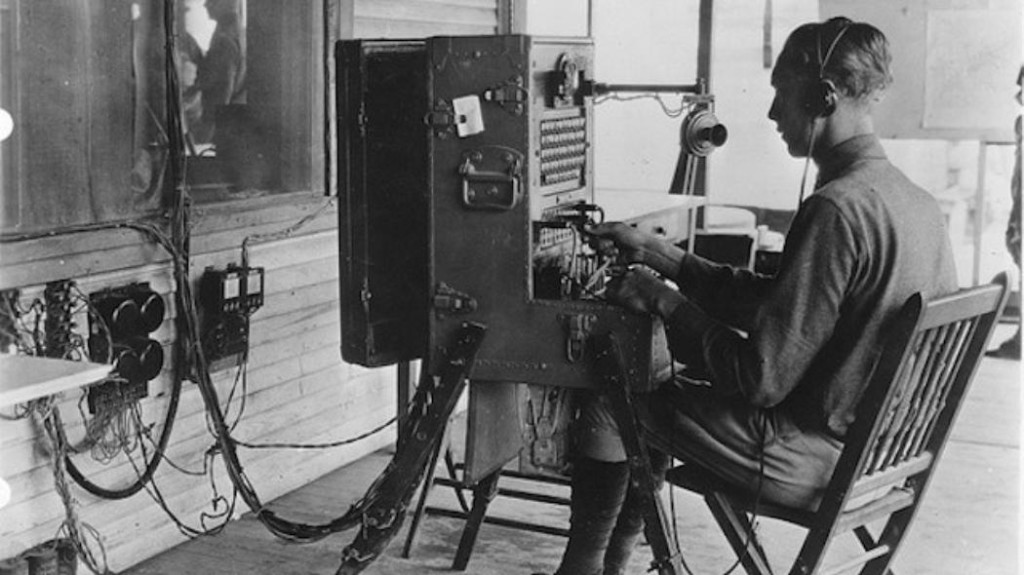Nevada Appellate Courts Advance Opinions for October 5, 2017
- Are claims that are brought by the offering party in a second action, and arise out of facts that were discovered after serving the NRCP 68 offer, barred by general principles of claim preclusion or by the very terms of the NRCP 68 offer.
HUMPHRIES VS. NEW YORK-NEW YORK HOTEL & CASINO, LLC
- When does an innkeeper owe a duty of care for on premises injuries caused by third parties because the wrongful act of a third party was foreseeable.
SWEAT (LONNIE) VS. DIST. CT. (STATE)
- Does a defendant who pleads guilty to a lesser charge pursuant to a plea agreement and fails to comply with the terms of that agreement, waive his or her right to be protected from prosecution on a greater charge.
WILLIAMS (JESSICA) VS. STATE, DEP’T OF CORR.
- Do credits earned pursuant to NRS 209.4465 apply to eligibility for parole as provided in NRS 209.4465(7)(b) where the offender was sentenced pursuant to a statute that requires a minimum term of not less than a set number of years, but does not mention parole eligibility.
- Can an attorney actively enforce a retaining lien.
- Is an affirmative recovery necessary in the retaining lien context.
- Can a retaining lien be reduced to a monetary judgment.
JOHNSON (DONTE) VS. STATE (DEATH PENALTY-PC)
- Must a defendant file a postconviction petition within one year after remittitur issued on direct appeal from his original judgment of conviction where the direct appeal resulted in reversal and remand for another penalty hearing such that his sentences were unsettled.
IN RE: PARENTAL RIGHTS AS TO A.D.L. AND C.L.B., JR.
- Are a parent’s Fifth Amendment rights violated when he or she is required to admit to a criminal act in order to maintain his or her parental rights.






